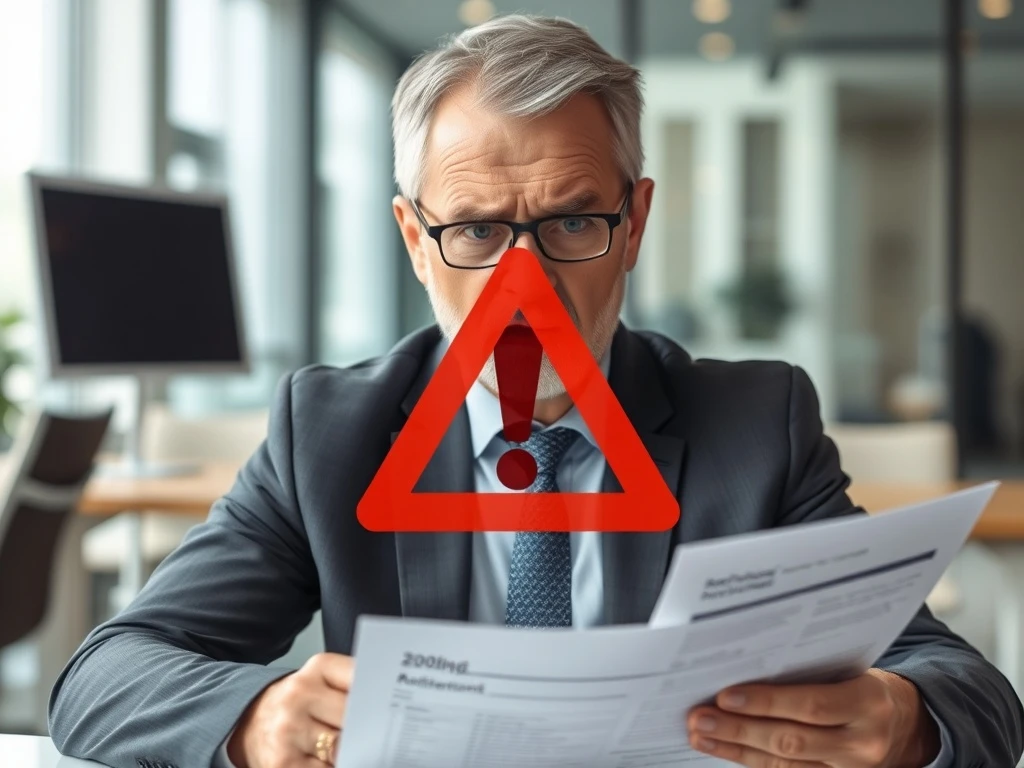Many retirement investors now consider adding private equity in 401(k) plans, but this controversial trend demands careful examination. Financial experts increasingly warn about substantial risks that could jeopardize retirement security. Understanding these potential pitfalls becomes crucial for informed decision-making.
Understanding Private Equity in 401(k) Investments
Private equity investments involve capital not listed on public exchanges. These assets typically include venture capital, leveraged buyouts, and growth capital. The Department of Labor recently allowed private equity in 401(k) plans through specific investment vehicles. However, this accessibility raises important concerns for retirement savers.
Liquidity Challenges With Private Equity
Private equity investments present significant liquidity problems. Unlike public stocks, you cannot quickly sell these positions. Capital often remains locked for seven to ten years. This illiquidity creates major issues for retirement planning. Investors might need funds during market downturns but cannot access their money. Furthermore, private equity valuations occur quarterly at best. This lack of frequent pricing makes portfolio management extremely difficult.
High Fee Structures Erode Returns
Private equity funds charge substantial management fees. Typical fees include:
- 2% annual management fee on committed capital
- 20% performance fee on investment profits
- Additional transaction and monitoring fees
These costs significantly reduce net returns over time. Comparatively, index funds charge less than 0.10% annually. The fee difference dramatically impacts long-term retirement savings growth.
Regulatory Protection Limitations
Private equity investments lack standard regulatory safeguards. The SEC provides less oversight than with public securities. Investors receive limited disclosure about underlying assets. This opacity increases potential risk exposure. Retirement plans traditionally prioritize participant protection. Private equity investments may compromise these protective standards.
Performance Volatility Concerns
Private equity performance shows extreme variability. Top-performing funds achieve exceptional returns while many others fail completely. This performance dispersion creates uncertainty for retirement planning. Individual investors cannot diversify across multiple private equity funds easily. Consequently, retirement savings might experience substantial volatility.
Due Diligence Difficulties
Evaluating private equity funds requires specialized expertise. Most individual investors lack necessary analytical resources. Fund managers provide limited transparency about investment strategies. This information asymmetry disadvantages retirement plan participants. Plan sponsors assume fiduciary responsibility for investment options. However, monitoring private equity investments proves exceptionally challenging.
Retirement Timeline Considerations
Private equity investments demand long time horizons. Retirement investors approaching distribution age face particular risks. Lock-up periods may extend beyond planned retirement dates. This mismatch could force undesirable financial decisions. Required minimum distributions might conflict with illiquid investments. Such conflicts create unnecessary complications for retirees.
Alternative Investment Options
Retirement investors seeking higher returns have better alternatives. Diversified stock portfolios offer growth potential with greater liquidity. Real estate investment trusts provide property exposure without lock-up periods. Bond funds deliver income generation with daily pricing. These traditional options better suit retirement planning needs.
Frequently Asked Questions
Can I lose all my money investing in private equity through my 401(k)?
Yes, private equity investments carry risk of total capital loss. Unlike diversified mutual funds, individual private equity investments can fail completely.
How long must I typically keep money in private equity funds?
Most private equity funds require seven to ten year commitments. Early withdrawal usually proves impossible or extremely costly.
Are private equity returns guaranteed to beat the stock market?
No, private equity returns vary widely. While top funds outperform, average returns often match or underperform public markets after fees.
Can I access my private equity investment if I change jobs?
Typically no. Private equity investments usually remain with the original plan until the fund liquidates, regardless of employment status.
Do all 401(k) plans offer private equity options?
Currently, very few 401(k) plans include private equity. Most retirement plans stick to traditional stocks, bonds, and mutual funds.
What percentage of my 401(k) should consider private equity?
Most financial advisors recommend keeping private equity allocations below 5-10% of total retirement assets due to the high risk and illiquidity.








